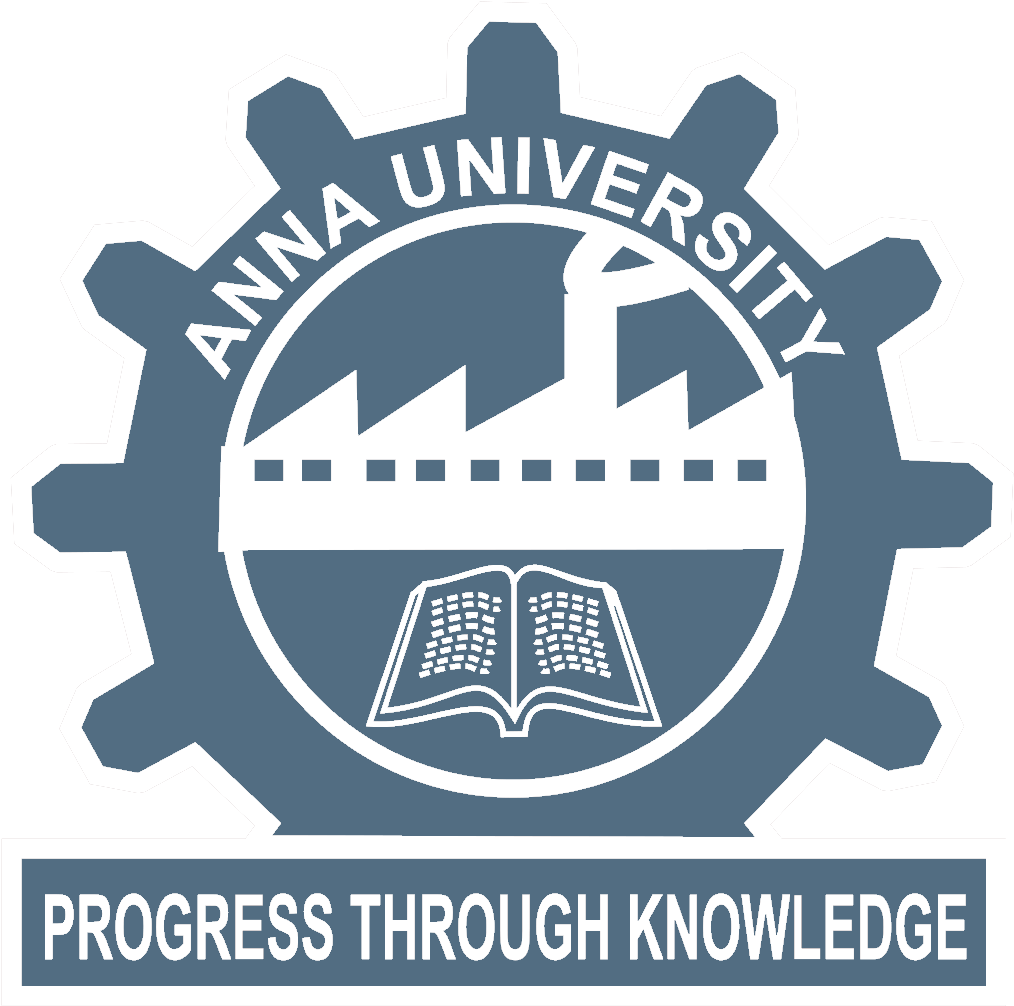Thrust Areas
By the Numbers
235
UG Students
55
PG Students
12
Scholars
13
Faculty
5
Staff
9
Patents
6
Projects
89
Publications
871
Citations
17
H-Index
Message from the HOD
Dr. M. Sasikala
PROFESSOR
Welcome to the Department of Biomedical Engineering. Our Department is committed to deliver quality education in Biomedical Engineering, develop innovative and affordable medical devices, provide healthcare solution and prioritize training and skill development. Cutting-edge research is carried out in the areas of Biosensors and Instrumentation, Biomedical signal and image processing, Brain control Interface, Assistive Technologies, Wearable devices, IoT, Artificial Intelligence, Biomaterials, Tissue Engineering, BioMems, and Gait Analysis. Our highly dedicated faculty are actively engaged in sponsored research and innovative product development. The laboratories are equipped with state-of-the-art facilities, enabling students and researchers to explore advanced medical technologies, conduct innovative research, and develop solutions to real-world healthcare challenges. The four-week training in Hospitals and Medical Industries, a unique feature of our curriculum, provides our students with practical insights to understand the needs of the market and develop products accordingly. We have strong collaborations with clinicians, R&D institutions, and industries, through which we have jointly developed several medical devices. These partnerships enrich our academic programs and provide students with opportunities to work on translational research and industry-relevant projects. Anna University recognition as a University with Potential for Excellence in Biomedical Engineering and Instrumentation by UGC is a testament to our academic and research prowess. We are committed to nurturing the next generation of biomedical engineers who will drive innovation and improve lives through technology. We invite you to be a part of our journey toward shaping the future of healthcare.
